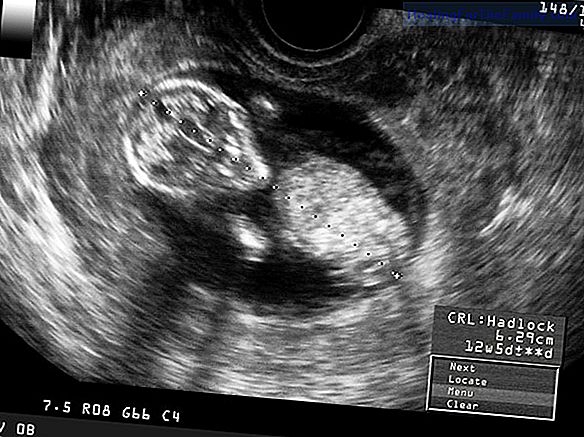Painful sexual intercourse after childbirth
It is very common in our midwifery clinics for women to attend co for coitalgia (pain during penetration) in the postpartum period. It is common that when they are asked directly about their sexual life after childbirth they describe it as annoying, with a burning sensation, uncomfortable, and even
It is very common in our midwifery clinics for women to attend co for coitalgia (pain during penetration) in the postpartum period. It is common that when they are asked directly about their sexual life after childbirth they describe it as annoying, with a burning sensation, uncomfortable, and even for many of the women it is almost impossible to have a penetration. We have to remember that
intercourse is discouraged during the quarantine , and once this period has passed we can resume full sexual relations, although we already know that the libido in the puerperium is quite low.Causes of painful sexual intercourse after childbirth
Women are afraid to resume sexual intercourse on many occasions

after vaginal delivery, either because they have had a tear, an episiotomy or simply because they notice the area 'rare ' That fear makes the woman tense, and the tension can increase the painful feeling during the relationship. This 'vaginismus', which is nothing more than the involuntary contraction of the pelvic floor can lead to the impossibility of maintaining intercourse, and that we enter a 'cycle of pain', which must be treated as soon as possible. A recent study conducted in Australia indicates that 9 out of 10 women experience pain the first time they perform intercourse after delivery, and almost 25% still feel pain after 18 months. In addition, the study reveals some surprising things like that those women who had given birth by caesarean or instrumental had more painful sexual intercourse (in relation to those women who had had a vaginal delivery), and that the moment of resuming relationships penetrating sex (at 6 weeks or 3 or 6 months) did not influence the pain: almost all women had it. All this is magnified if the woman has suffered sexual abuse at some time in her life.
The study published by Brown and his team is supported by the
American College of Obstetricians and Gynecologists
, ACOG. All this being said, I would like to emphasize the importance of the woman going to the midwife or the physical therapist specialized in obstetrics and gynecology to be evaluated in the event of the situations described above, andto be placed in rehabilitation treatment for to be able to recover satisfactory sexual relations
. It is fundamental that we do not conform, since it should not be understood as a 'side effect' of maternity, in most cases it has treatment; that can happen from simply using vaginal lubricants, to massage in the area of the scar (if there has been a tear or episiotomy) or rehabilitation.












